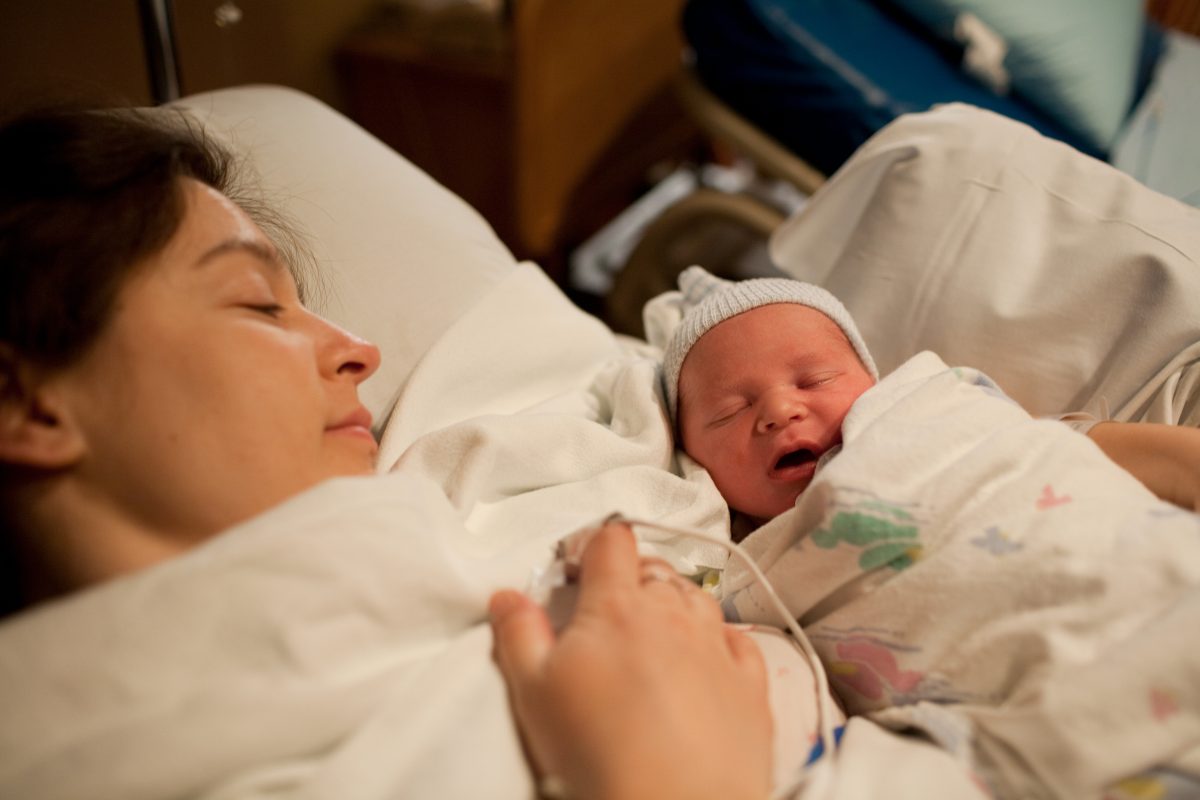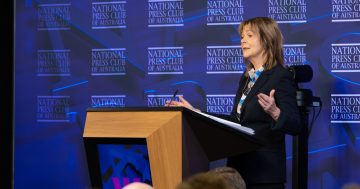
Paid Parental Leave will be extended to a full six months. Photo: File.
Expansion of the paid parental leave scheme is now an official certainty, having passed the Senate to make new parents eligible for up to six months off work to care for their children at home.
From 1 July this year, an extra two weeks will be added to PPL, which is currently 20 weeks of leave. This will be increased by another two weeks each year until it stands at 26 weeks in 2026.
Expecting parents can pre-apply for the extra leave from 26 March, and about 180,000 families are likely to benefit from the changes.
The rate of pay will be equivalent to the minimum wage, which is just over $882 a week.
The Federal Government said the successful passage of its Paid Parental Leave Amendment (More Support for Working Families) Bill 2023 delivers on Labor’s commitment to expand the scheme.
It was announced in the government’s first budget in October 2022. The PPL scheme will cost $1.2 billion through to 2026-27.
Prime Minister Anthony Albanese said it was the biggest boost to paid parental leave since the scheme was created by the Gillard Government.
“Our policy will give families more leave and more flexibility to ensure the system works in a way that’s best for them,” the Prime Minister said.
“A parental leave system that empowers the full and equal participation of women will be good for business, good for families and good for our economy.”
The changes increase the number of weeks reserved for each parent on a use-it-or-lose-it basis to four weeks to encourage greater sharing of care and household responsibilities.
It also increases the amount of leave parents can take from two to four weeks.
Social Services Minister Amanda Rishworth said the changes were necessary for the evolving needs of today’s families.
“The government has made great strides to ensure the scheme is more accessible, flexible and gender equitable for Australian families,” she said.
“Our changes ensure that the scheme will be able to better address the needs of working Australian families and provide greater security as they embark on this new chapter of their life with a newborn or adopted child.”
The ACTU has welcomed the move, although president Michele O’Neil wants the scheme expanded to 52 weeks and the rate of pay lifted beyond the minimum wage.
“One of the significant causes of the gender pay gap between men and women is the ‘motherhood effect’, causing women’s earnings to fall by 55 per cent on average in the first five years of parenthood,” Ms O’Neil said.
“We know that improving PPL also improves women’s workforce participation.
“To build on this great work, we would like to see further improvements in the scheme, including extending it to 52 weeks and increasing the rate of pay from the national minimum wage, to ensure we have a paid parental leave scheme that meets the needs of women, families and our economy.”
The government also recently announced its plan to pay superannuation on PPL from 1 July next year.
Original Article published by Chris Johnson on Riotact.











